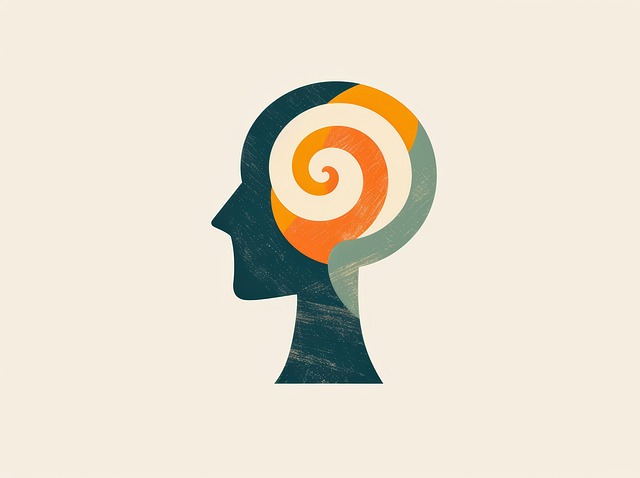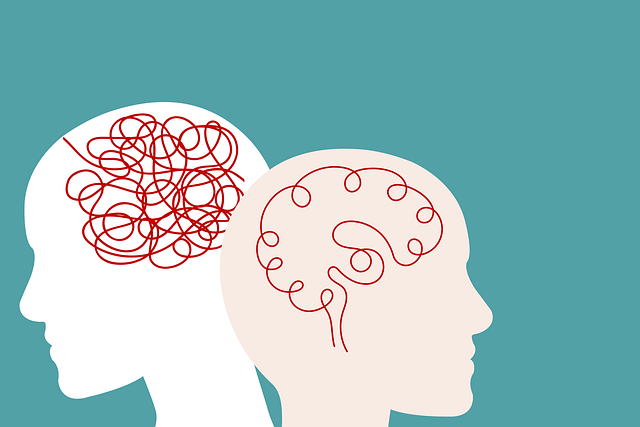Mental wellness is crucial for life's challenges, and Denver Adjustment Disorder (DAD) therapy offers tailored support. DAD, characterized by emotional distress and coping difficulties, often goes unnoticed but has various causes. CBT-based therapies, like Denver adjustment disorder therapy, promote healing through psychotherapy, reducing stigma and preventing depression. Mindfulness, social connections, community engagement, and exercise are simple yet powerful strategies for mental wellness, enhancing professional therapy outcomes.
Mental wellness is a cornerstone of overall health and well-being, influencing every aspect of our daily lives. This article explores the profound impact of mental wellness on our routines and offers insights into navigating challenges like the Denver Adjustment Disorder (DAD). We’ll delve into the symptoms and causes of DAD and present effective therapy approaches. Additionally, discover practical strategies for promoting mental wellness seamlessly into your everyday life.
- Understanding Mental Wellness and Its Impact on Daily Life
- Denver Adjustment Disorder: Symptoms, Causes, and Effective Therapy Approaches
- Strategies for Promoting Mental Wellness in Everyday Routines
Understanding Mental Wellness and Its Impact on Daily Life

Understanding mental wellness is crucial for navigating daily life effectively and fostering a sense of overall well-being. Mental wellness refers to our emotional, psychological, and social health—it impacts how we think, feel, and act in various situations. Unlike fleeting moods, mental wellness is about cultivating sustainable strategies for coping with life’s challenges and enhancing positive aspects like resilience and self-care. In today’s fast-paced world, where stress and pressure are prevalent, recognizing the importance of mental wellness becomes even more critical.
Denver adjustment disorder therapy offers valuable support for individuals struggling to manage stress and its associated symptoms. This form of therapy helps clients develop effective coping mechanisms to navigate life transitions, major events, or chronic stressors that can contribute to various mental health concerns. By focusing on both the mind and body connection, Denver adjustment disorder therapy incorporates stress reduction methods tailored to individual needs. Additionally, it plays a pivotal role in Mental Illness Stigma Reduction Efforts by promoting understanding and empathy, ultimately encouraging Depression Prevention through proactive management strategies.
Denver Adjustment Disorder: Symptoms, Causes, and Effective Therapy Approaches

Denver Adjustment Disorder (DAD) is a mental health condition characterized by emotional distress and difficulties in coping with significant life changes or stressors. The symptoms can include feelings of sadness, anxiety, irritability, and even severe depression. Understanding DAD is crucial as it often goes unnoticed due to its subtle nature, especially among individuals who are adept at masking their emotions.
The causes of DAD are multifaceted. It may arise from significant life events such as relocation, job loss, or the death of a loved one. Moreover, cultural factors and healthcare provider cultural competency training play a role in recognizing and managing this disorder. Effective therapy approaches for DAD often involve cognitive-behavioral therapy (CBT), which helps individuals identify and change negative thought patterns and behaviors. Emotional healing processes are fostered through psychotherapy, enabling individuals to process their emotions and develop healthier coping mechanisms. Additionally, burnout prevention strategies for healthcare providers are essential in identifying and addressing DAD early, as professionals in high-pressure environments are at an increased risk.
Strategies for Promoting Mental Wellness in Everyday Routines

Promoting mental wellness in our daily lives is a powerful way to build resilience and overall well-being. Simple yet effective strategies can be integrated into everyday routines, especially with the support of professionals like Denver Adjustment Disorder Therapy experts. One such method is practicing mindfulness, which involves being fully present in the moment and observing thoughts and feelings without judgment. This technique has been shown to reduce stress and anxiety, improving one’s ability to cope with life’s challenges. Incorporating activities like meditation or deep breathing exercises into your morning routine can set a calm and focused tone for the day ahead.
Additionally, fostering strong social connections is vital for mental health. Reaching out to friends and family, engaging in community activities, or joining support groups can provide a sense of belonging and offer valuable opportunities for sharing experiences and emotions. Engaging in regular exercise is another powerful tool for mood management. Physical activity releases endorphins, which can reduce stress and improve overall mood. Whether it’s a daily walk, yoga class, or team sport, finding an enjoyable form of movement can significantly contribute to maintaining mental wellness, complementing the expertise provided by Denver Adjustment Disorder Therapy professionals in addressing specific needs.
Mental wellness is a cornerstone of overall health, and recognizing its importance is key to fostering resilient individuals. By understanding the impact of mental health on daily life and employing effective strategies, such as those discussed for Denver Adjustment Disorder therapy, we can promote mental wellness in our communities. Integrating these practices into everyday routines empowers individuals to navigate life’s challenges with greater adaptability and emotional resilience.














